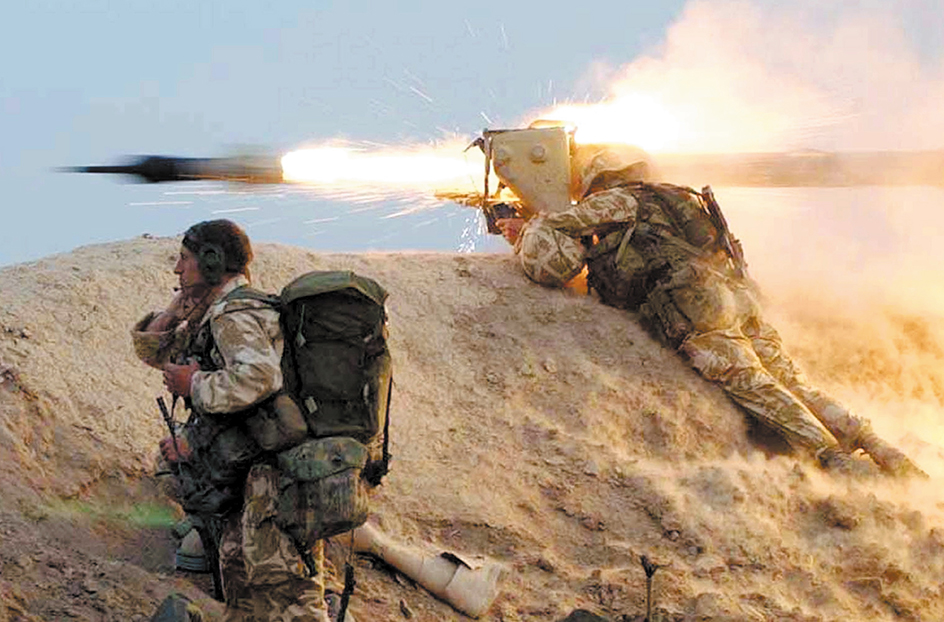Marine is a soldier who serves at sea and in special missions on land and in the air. Marines also serve in amphibious operations—seaborne operations that involve naval, air, and land forces. Marines receive specialized training for the tasks they are expected to perform. Nearly all of the major maritime nations maintain marine forces or some type of naval infantry.
In amphibious operations, marines attack from the sea to capture important enemy-held islands, beaches, or other locations on shore. Marines prepare the way for other soldiers to land and build bases or fight the enemy. Many marine forces use amphibious landing craft and helicopters in their operations.
Some marine forces perform special or difficult missions, such as nighttime raids and antiterrorist operations. Marines also guard navy ships and yards, and government embassies. United States Marines guard American embassies throughout the world. For more information on U.S. Marines, see Marine Corps, United States .
French marines work to protect French overseas territories and nations that have defense cooperation agreements with France. Many nations send marines to take part in United Nations peacekeeping missions.
Marine forces of the world.
The United States has the largest corps of marines in the world, with about 175,000 soldiers. The second largest corps, with 30,000 soldiers, serves as part of France’s army. The United Kingdom’s marine corps, known as the British Royal Marines, has 8,000 members and is part of the Royal Navy. Other nations that maintain marine forces include Argentina, Italy, the Netherlands, the Philippines, Russia, and South Korea.

History.
The first marines were the epibatae, or “heavily armed sea-soldiers,” of the Greek navies in the 500’s B.C. Later, Roman warships carried milites classiarii, or “soldiers of the fleet.” Both the Greeks and the Romans used their marines to fight at sea while sailors maneuvered the ships.
During the Middle Ages, European states did not maintain organized armies, navies, and marine forces. But it was common practice to put soldiers aboard ship whenever sea combat was expected. In the 1600’s, nations began once again to organize permanent armed forces. In 1626 or 1627, France formed the Regiment de la Marine, a forerunner of modern marine corps. The British formed a corps of marines in 1664, and the Dutch did so in 1665. During the age of sailing ships, marines served as sharpshooters, enforced discipline, and participated in boarding and landing parties.
Marines of several nations fought in World War I (1914-1918), World War II (1939-1945), the Korean War (1950-1953), the Vietnam War (1957-1975), the Persian Gulf War of 1991, and the Iraq War (2003-2011). British Royal Marines fought in the British-held Falkland Islands in 1982, after Argentine troops invaded and occupied the islands. In the 1980’s, Soviet marines helped Afghanistan’s government fight antigovernment rebels.
